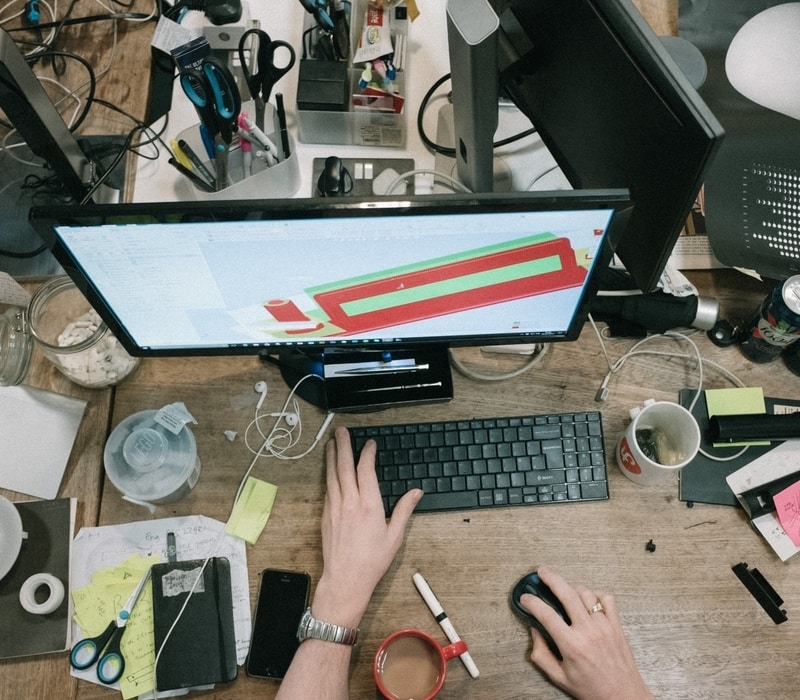It’s quite common to think that multitasking is an effective way to boost your productivity. Many think, what could be a better way to get more done than to do multiple tasks at the same time? However, while in an ideal world, we could all work in this way, in the real world, our brains just aren’t set up for it. To get a better a sense of the negative effects of multitasking on productivity, we need to look at the science behind working on multiple tasks simultaneously and what it tells us about its relation to productivity.
Interruption on Information-Gathering Process
According to the authors attached to one study, to understand a sequence of events, we need to gather information about the events as they are unfolding. If you interrupt this process by focusing on something else, something unrelated, then you are less able to absorb the information related to the first sequence of events.
In this study, participants who watched a single movie in a consecutive segment showed more efficient information-gathering than participants who watched short segments of different movies.
Wasting Time Switching Between Tasks
Researchers at the University of Michigan determined that multitasking has negative effects on productivity because of the accumulated time that you waste switching between tasks.

This effect is even larger when trying to complete tasks that are complicated or unfamiliar, as the time spent switching between tasks will be longer. This is because, to switch from one task to a completely different one, you need to turn off one set of cognitive rules and turn on another. While the time spent switching between tasks can be small when isolated, this wasted time adds up over the course of one day. For this reason, multitasking hinders efficiency.
Being Busy Is Not the Same as Being Productive
The tendency to check on multiple things at once is a common trend, and this habit can give us the impression that we’re being productive, whereas, we’re really just busy.

Arthur Markman, a professor in psychology at the University of Austin, underscores that dividing attention across multiple activities is taxing on the brain. By overworking the brain in this way, you’re keeping it busy, but you’re not allowing it to work efficiently.
He adds that there’s a small number of people who are decent multitaskers – the concept of a “supertasker.” But at best, it’s maybe 10 percent of the population, so chances are, you’re not one of them. The research out there will tell you that there are a couple of people who are good at it, but it’s probably not you.
Resist the Urge to Multitask
Knowing all this information, the challenge you are likely to face now is resisting the urge to multitask. It’s one thing to be aware of the negative effects of multitasking on productivity and another thing entirely to put this knowledge into practice.
However, there are practical, evidence-based techniques you can adopt to improve your ability to focus on one task at a time. One method would be practicing mindfulness meditation, which encourages you to bring your attention back to the present moment, rather than get distracted by multiple streams of thought. When it becomes a regular practice, mindfulness can become a habit and spill over into your everyday life, helping you to feel the urge of distraction without giving in to it.

Another important habit to adopt is staying organized. Try dividing your workday up into discrete tasks you have to complete, organize them in terms of priority, and make sure to complete them one by one. Giving yourself a break in between tasks will also allow you to switch between one set of cognitive rules and another. If you try to immediately go from one task to an unrelated one, this could overwork your brain and harm your efficiency in the process.
If you’re interested in learning about other negative effects on your productivity, read on to discover time management myths making you work harder.


